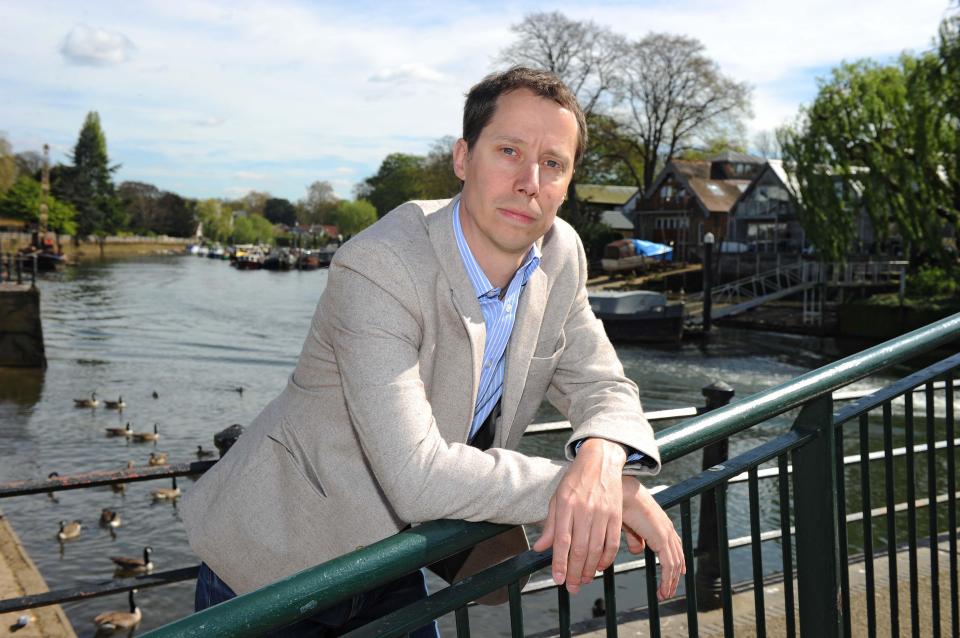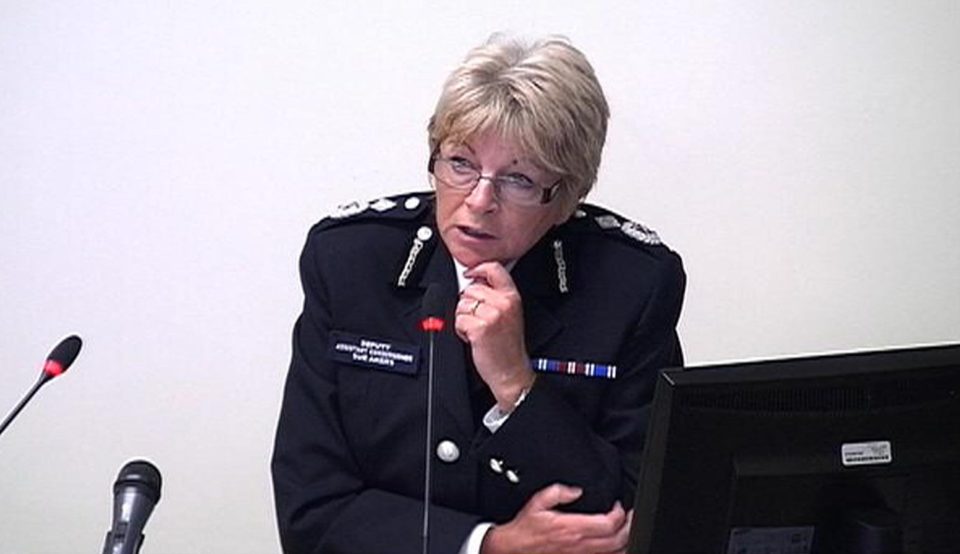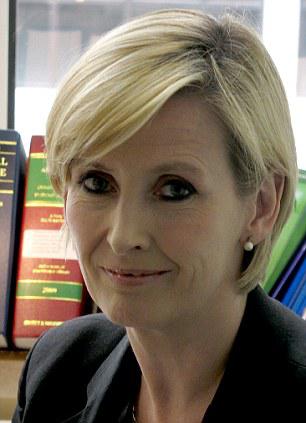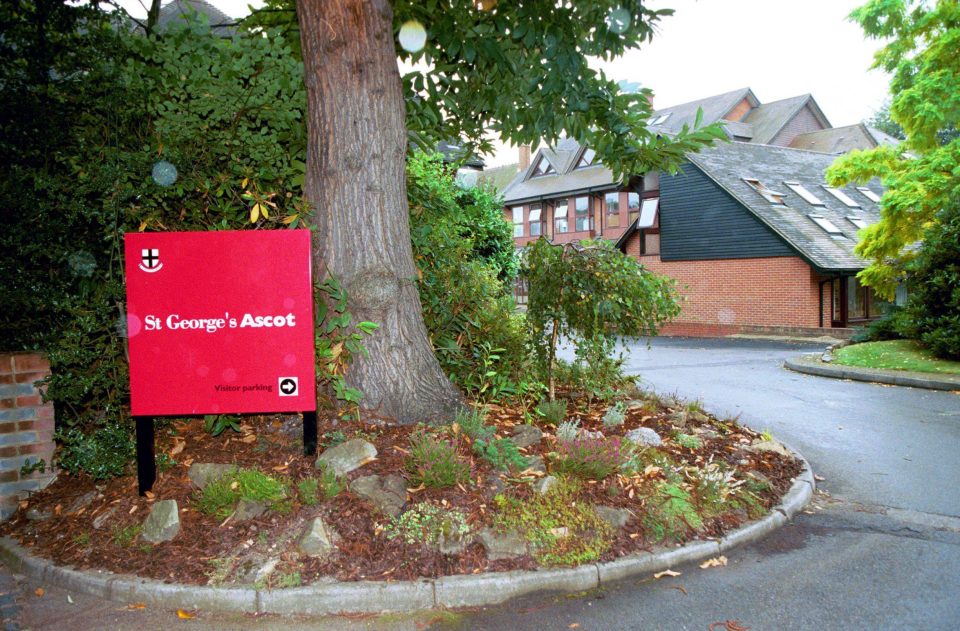Innocent teacher left ‘unemployed and toxic’ after student’s rich parents paid for ex-top cop and former Crown prosecutor to push rape rap
Kato Harris says he's had to give up his dream and will soon be on benefits after false accusation
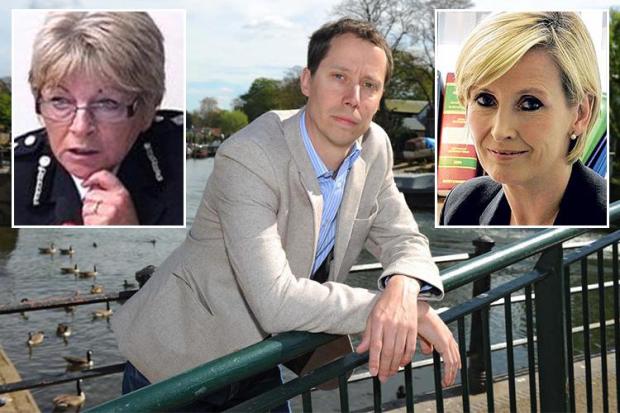
IT is without doubt an arresting image – a young woman in the prime of life, dressed up to the nines in a designer gown at an exclusive party.
The picture, on social media, screams wealth, sophistication, poise and privilege — a lifestyle apparently confirmed by other images she has posted showing the 17-year-old on exotic holidays and indulging in posh sports.
In stark contrast, the life of her former teacher Kato Harris lies in ruins. He will never teach again.
His downfall came after she claimed he had repeatedly raped her.
None of it was true and it took a jury just 15 minutes to acquit him last July.
Mr Harris, 38, who was described in court as a “brilliant and inspirational educator”, is now considering a job at a crematorium “putting bodies in the fire” to make ends meet.
He said this week: “I had to give up my dream because of a crime I didn’t commit. I am unemployed, living in a bedsit and will soon be on housing benefit. I am toxic.
“I will never work with children again. I will never put myself in that position of vulnerability.”
I had to give up my dream because of a crime I didn’t commit. I am unemployed, living in a bedsit and will soon be on housing benefit. I am toxic
Meanwhile after a 17-month police investigation and trial process, his accuser, whose identity cannot be revealed for legal reasons, is free to carry on her privileged life.
She was a troubled 14-year-old with a history of attention-seeking, eating disorders and being bullied when she made the claims, which detectives found flimsy at best.
So why did it ever come to trial?
The answer is one of the most troubling aspects of this case.
It centres on two women — former Metropolitan Police deputy assistant commissioner Sue Akers and former principal legal adviser to the Director of Public Prosecutions Alison Levitt.
They worked on behalf of the girl’s solicitors, Mishcon de Reya — whose lawyers can charge £600 an hour — to ensure the case was heard in court.
Sue Akers
SHE joined the force in 1976 and rose through the ranks, promoted by the Met from chief superintendent to commander in 2004.
She served as Head of Organised Crime and Criminal Networks in the Specialist Crime Directorate. In 2007 she was awarded the Queen’s Police Medal, then in 2012 she retired from the force, becoming a private investigator. She became a CBE in 2013.
So intense was their determination for the charges to go before a jury that the trial judge, Martin Edmunds, told of the “enormous” pressure they put on police and the Crown Prosecution Service.
He wrote in a report: “By the route of instructing lawyers, and selecting these individuals, the complainant’s parents subjected the police inquiry to intense scrutiny.”
The girl alleged that on three occasions in autumn 2013, Mr Harris raped her in an open classroom during school lunch breaks.
Senior partner Ms Levitt, a QC, had recently joined the firm and was assigned the criminal case. Ms Akers acted as a private investigator.
Judge Edmunds’ 23-page ruling found Ms Akers may have influenced the CPS decision to prosecute by pressuring officers from her old force.
Alison Levitt
THE QC has spent years working at the heart of the British legal system.
She was principal legal adviser to the Director of Public Prosecutions for the Crown Prosecution Service for five years, then in 2014 she joined Mishcon de Reya, where she is a partner and head of the Business Crime group.
She specialises in criminal, regulatory and related matters.
She gave detectives an “actions list” of tasks, even though she no longer worked for the Met. She has denied giving the police any directions.
Meanwhile Ms Levitt, despite warnings from the police that the case was flimsy, pressed detectives to seize Mr Harris’s computer and access his Facebook records.
She also demanded that detectives contact every pupil he had taught during his 16-year career.
More than 40 former pupils and colleagues were interviewed and there was no evidence of any wrongdoing by Mr Harris.
The judge ruled that the CPS should pay Mr Harris’s £183,000 costs but the CPS has offered only £140,000.
The judge is due to rule next month as to whether they should pay the full amount.
In his report the judge said: “In this case it is more clear that first the police and then the CPS were subject to enormous pressure by Mishcon de Reya, and particularly Alison Levitt and Sue Akers, as advocates for the complainant’s parents.
“The involvement of Mishcon de Reya inevitably raises the issue whether pressure from that quarter has resulted in unnecessary or improper decisions on the part of the CPS.
"It is important to bear in mind that, however distinguished the careers of Alison Levitt within the CPS or Sue Akers within the police service, neither was acting within such a role here.
“Their obligations were no longer as ‘ministers of justice’ but as advocates for the complainant’s parents.”
Police and CPS were subject to enormous pressure by Levitt and Akers
He went on: “Any review of the correspondence which is before me shows the level of pressure put by them on the police and CPS and, in the background, there was a clear understanding that if the CPS did not pursue proceedings then a private prosecution would ensue.”
While he said there was no evidence of improper behaviour by Ms Levitt, Ms Akers or Mishcon de Reya, senior MPs have expressed alarm at the “enormous pressure” put on police and the CPS.
MP Bob Neill, who chairs the Commons Justice Select Committee, said: “The fact that a former senior police officer and a very experienced lawyer who used to work for the CPS were used by the pupil’s parents as advocates to advance their case sets a disturbing precedent.”
Mr Harris was accused of rape despite the fact that at the time, when head of geography at a private school, he was on medication which temporarily affected his libido.
And neither police nor teachers could see how the attacks could have taken place in the unlocked classroom without someone seeing.
By December 2014 the girl had moved to another school and Mr Harris had moved on to be deputy head at St George’s School in Ascot, Berks, when she decided to accuse him of rape.
According to one teacher, she was competing with a friend “as to who could have the biggest story” and it emerged that her parents spent around £250,000, not only on lawyers, but on two private therapists, including one she visited in New York weekly for a year, plus a psychotherapist and a hypnotist.
Mr Harris, of Richmond, South West London, was suspended by his school and barred from his local church.
If you have enough money, you can pay to improve your chances of securing a prosecution
The school where he had his first job tried to ban him from playing cricket because his club used their premises.
When he was cleared and told he could return to his job at £33,000-a-year St George’s, some parents complained, and he was unable to do so.
A family friend said Mr Harris was just grateful that the trial judge had seen through the desperate attempts to convict him.
Mr Harris himself said: “If you have enough money, there are former senior members of the police and the CPS who you can pay to use their experience and contacts in these
organisations to improve your chances of securing a prosecution.
“What they did was perfectly legal. The system allowed them to do it.”
MOST READ IN NEWS
A CPS spokesman said: “In this case, as in every case handled by the CPS, the decision to charge was made on the basis of the evidential and public interest tests set out in the Code for Crown Prosecutors.
“There was a defence application to stay the proceedings as an abuse of process, based on the interventions of Ms Levitt and Ms Akers, prior to the start of the trial which the judge decided in favour of the prosecution.
“There was no defence application to dismiss the charges and no submission of no case to answer, and the case was left to the jury.
“We respect the jury’s decision.”


